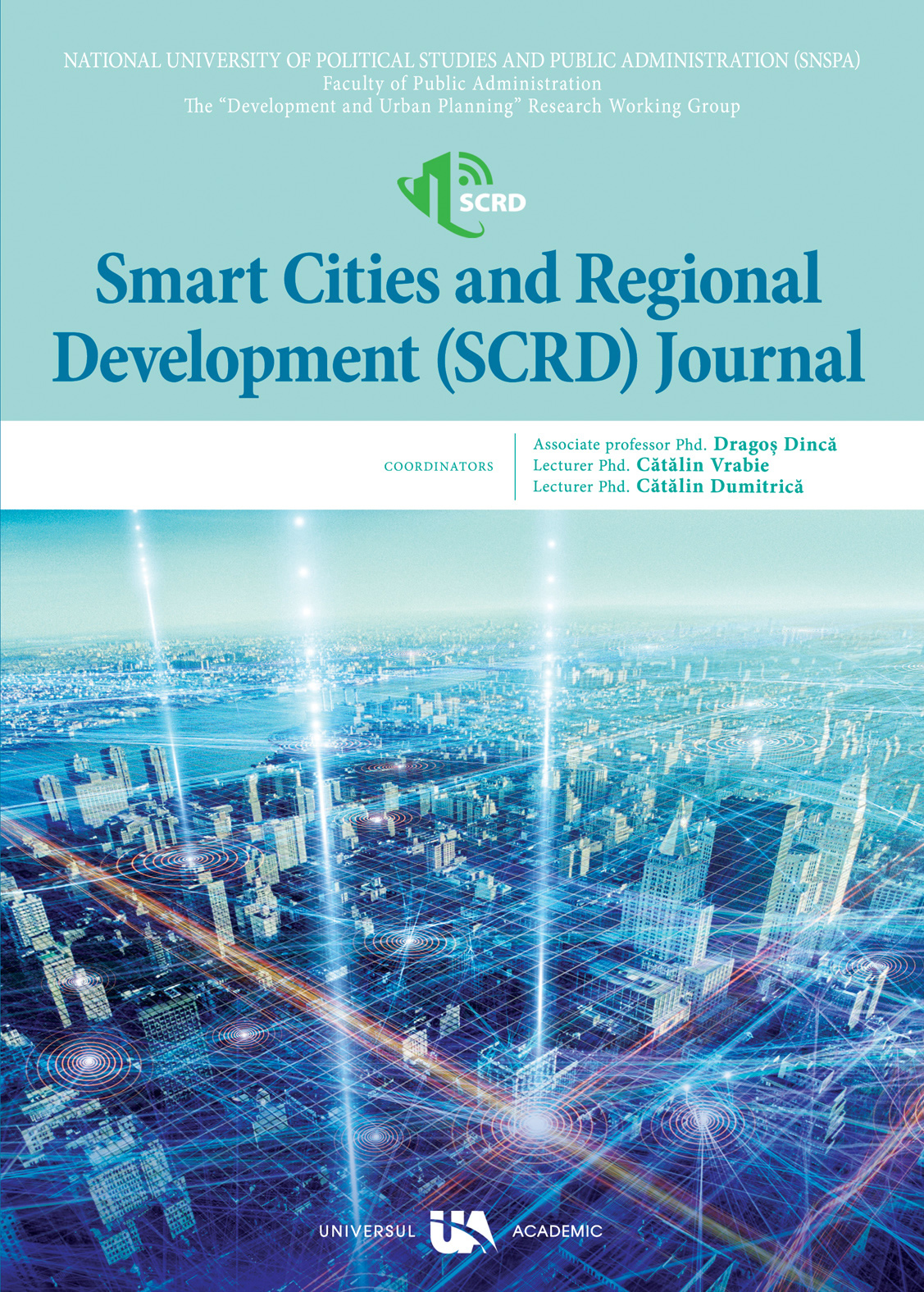Hofstede`s model in the context of e-government and open government in EU countries: countries clustering based on similarities and differences
Hofstede`s model in the context of e-government and open government in EU countries: countries clustering based on similarities and differences
Author(s): Hari Nikolov, Milena KrumovaSubject(s): Economy, Law, Constitution, Jurisprudence, National Economy, EU-Legislation
Published by: Editura Pro Universitaria
Keywords: Hofstede`s Model; e-Government; open data;
Summary/Abstract: This research tries to answer the question “How does the Hofstede`s Model of societal cultural differences relate to the development of EU countries e-government and open government?”. This question of interest in the research comes from the growing number of discussions about how the culture impacts the economic growth, but much more because of the literature GAP about the factors of relations among the Hofstede`s Model dimensions and the new governance models in the EU countries. Based on a literature overview and analyze we propose a thesis is that the analyzed EU countries can be clustered into three. The countries, which fall into the same cluster entitled Cluster of Changers, possess cultural similarities and this relates to the progressive development of the open and e-government. This is such because these countries possess the same characteristics defined by the Hofstede`s model. The second cluster of countries, we entitled them Cluster of Observers, are characterized by similar characteristics according to Hofstede`s model, they have slow development in the open and e-government. And the third one, the cluster Cluster of Moderators falls neither into the cluster of Changers or Observers. We propose a matrix model, which explains the Hofstede`s model of cultural dimensions in regards to the e-gove
Journal: ORAȘE INTELIGENTE ȘI DEZVOLTARE REGIONALĂ
- Issue Year: III/2019
- Issue No: 01
- Page Range: 29-46
- Page Count: 19
- Language: English

